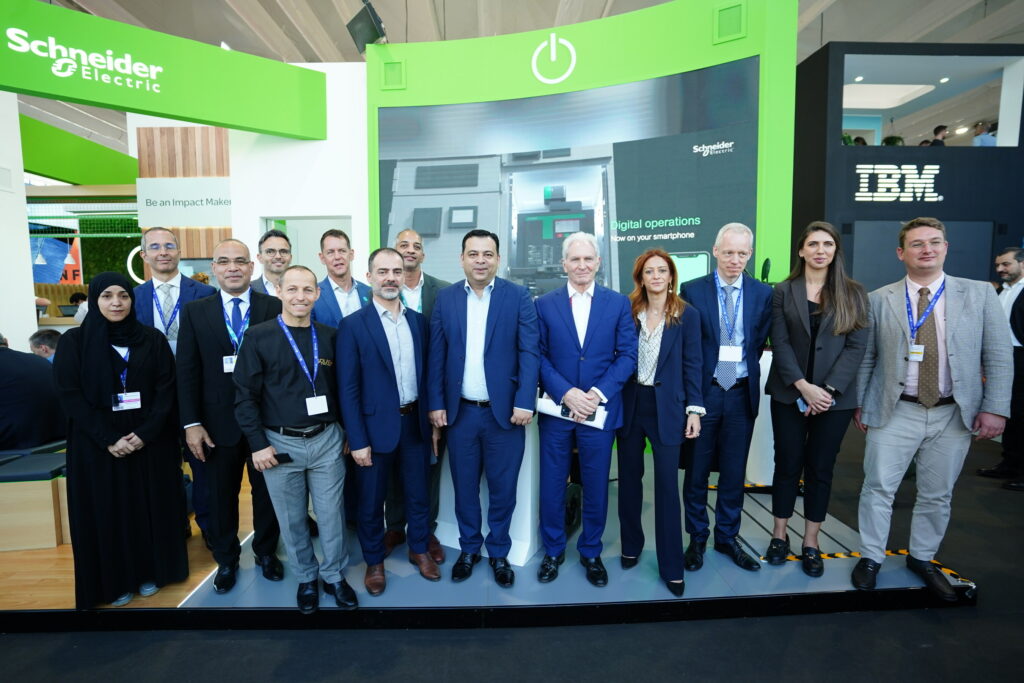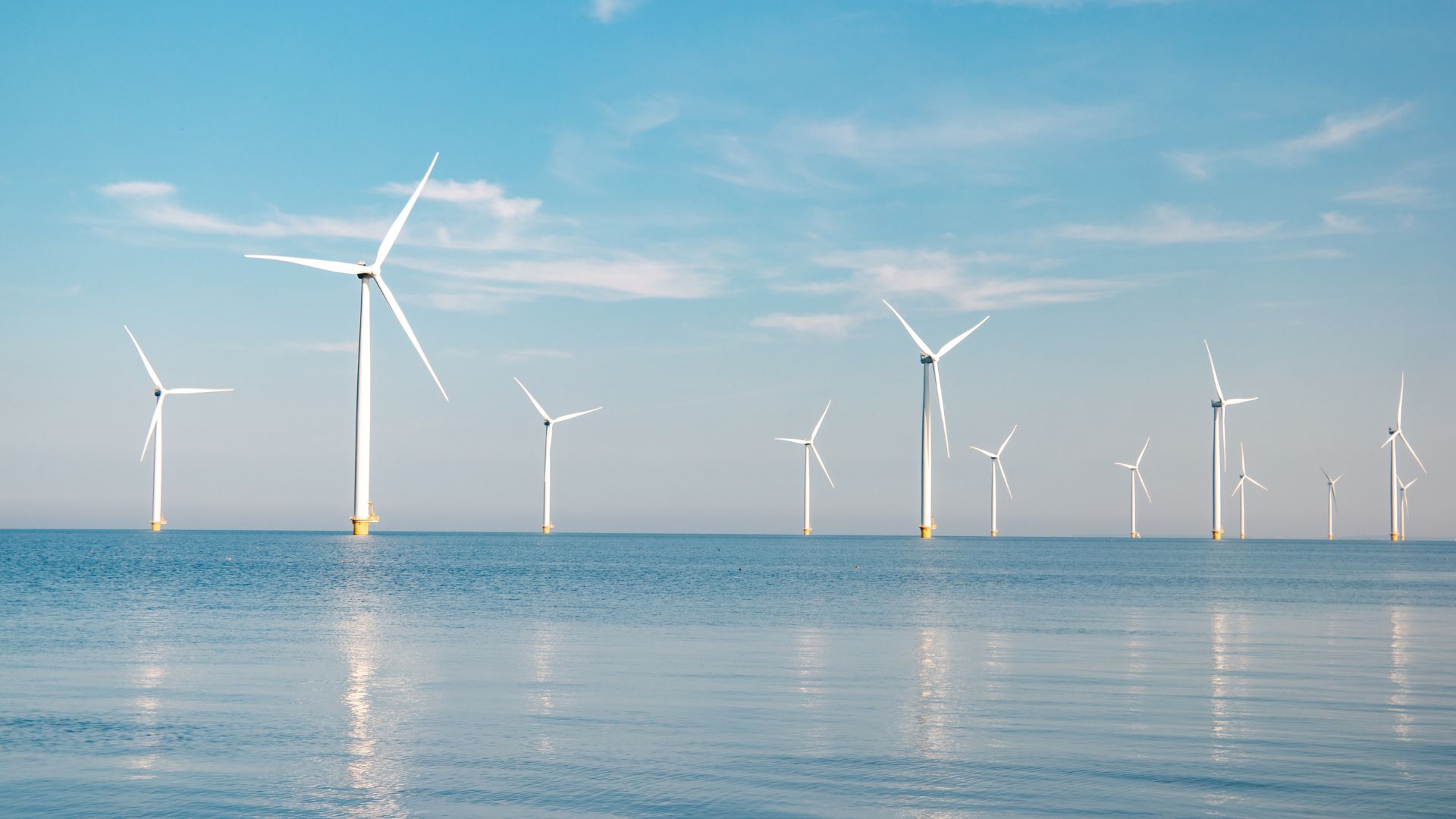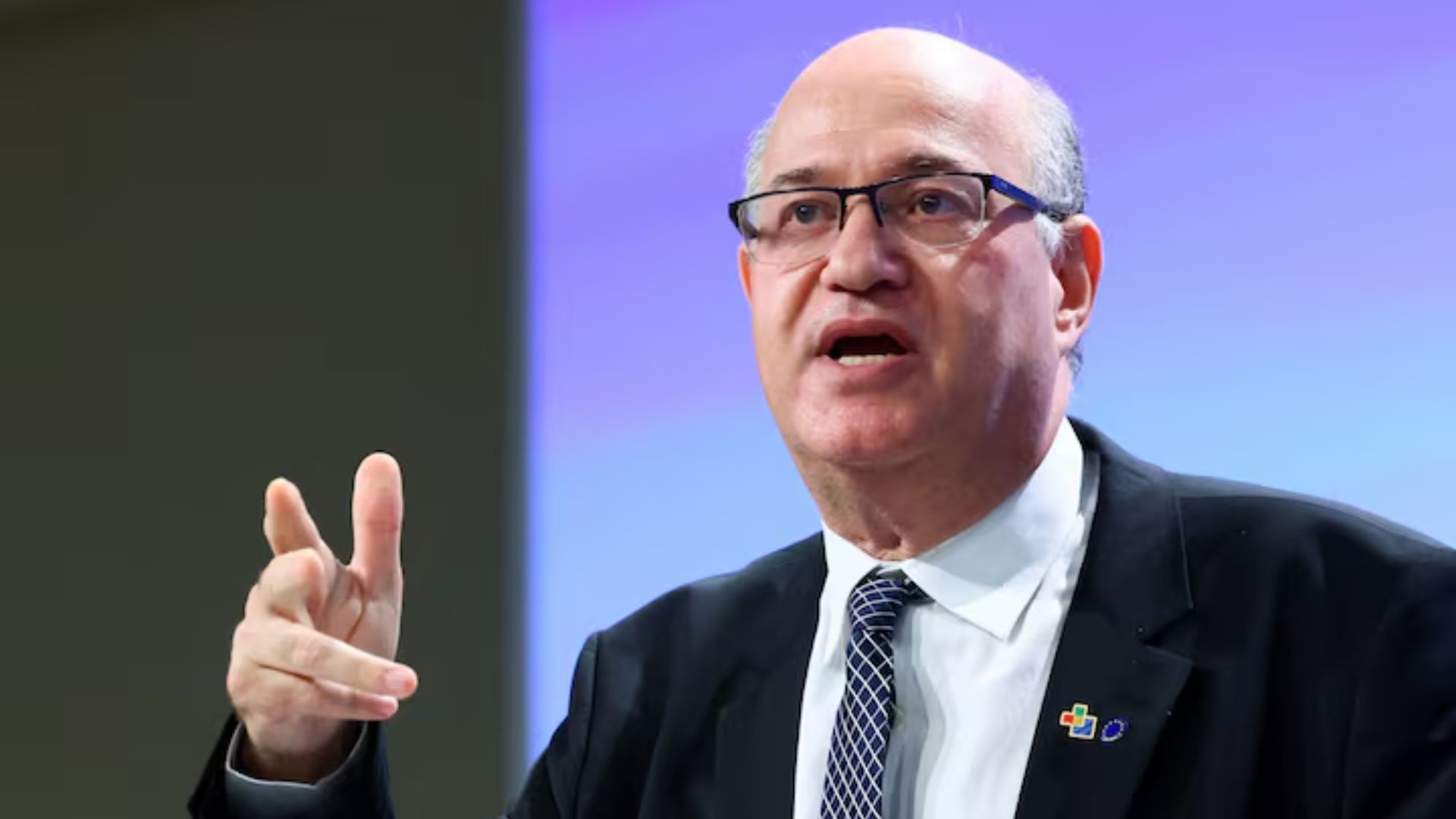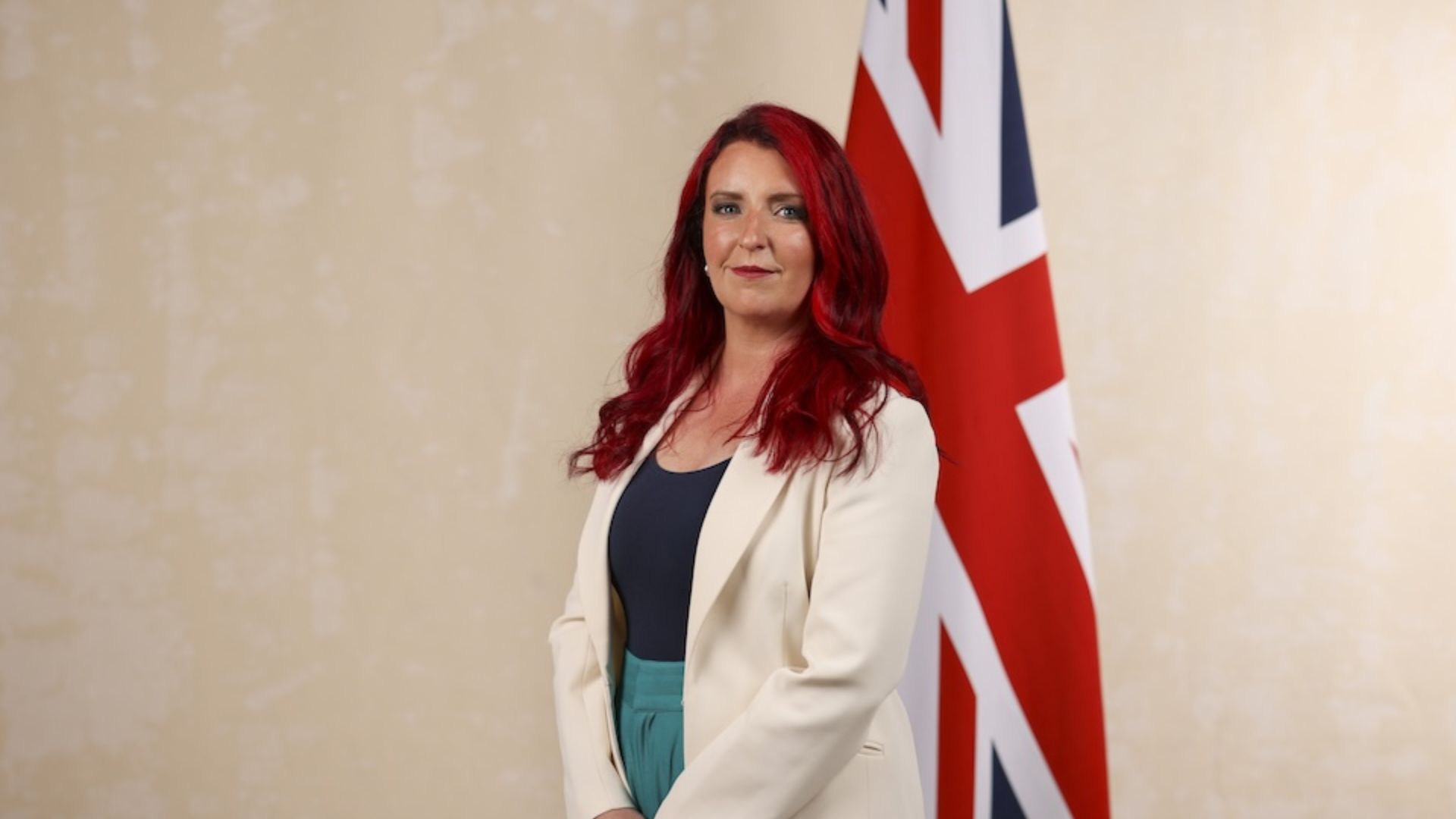Schneider Electric Unveils Research on Middle East Decarbonization Pathways by 2060

|
Listen to this story:
|
Key Impact Points:
- Schneider Electric’s Decarbonization Report: Schneider Electric, in partnership with the Clean Energy Business Council, has launched a report on the decarbonization of the Middle East by 2060.
- Report Unveiling at COP28: Titled “Climate Horizon: Opportunities for a greener world in the Middle East,” the report was unveiled at COP28 by Peter Herweck, CEO of Schneider Electric, Vincent Petit, SVP of Climate and Energy Transition Research, and Dr. Nasser H. Saidi, Chairman of CEBC.
- Focus on Energy-Efficient Solutions: The report emphasizes Schneider Electric’s commitment to promoting energy-efficient solutions in the Middle East and globally.
- Two Key Scenarios: It outlines two future scenarios – one centered on the role of energy services in achieving a net-zero economy, and the other on radical economic transformation.
- Insights into Energy Transition Challenges: The report provides insights into the unique challenges and opportunities in the Middle East’s energy transition, balancing technological advancements with policy development.
- Schneider Electric’s Role as Thought Leader: The study positions Schneider Electric as a thought leader in sustainable practices and low-carbon future transition.
- Sustainability Research Institute’s Contribution: The Schneider Electric™ Sustainability Research Institute continues leading in sustainability research and thought leadership.
Schneider Electric, a leader in the digital transformation of energy management and automation, has launched its latest research report by the Schneider Electric™ Sustainability Research Institute (SRI), offering a look into the decarbonization of the Middle East by 2060.
The report titled Climate Horizon: Opportunities for a greener world in the Middle East – launched in coordination with Clean Energy Business Council (CEBC) – was officially unveiled by Peter Herweck, Chief Executive Officer of Schneider Electric, Vincent Petit, Senior Vice President, Climate and Energy Transition Research, Head of the Schneider ElectricTM Sustainability Research Institute and His Excellency, Dr. Nasser H. Saidi, Chairman, Clean Energy Business Council, on the sidelines of COP28. The report highlights Schneider Electric’s commitment to energy-efficient solutions across the region and beyond.
His Excellency Dr. Nasser H. Saidi, Chairman, Clean Energy Business Council said: “The report, an outcome of in-depth research on the Middle East energy landscape, outlines two key future scenarios: one emphasizing the role of energy services in achieving a net-zero economy and the other focusing on a radical economic transformation. As we collaborate with Schneider Electric on this initiative, we are excited about steering towards a climate-positive future, aligning with our commitment to sustainable progress.“
Vincent Petit, Senior Vice President, Climate and Energy Transition Research, Head of the Schneider ElectricTM Sustainability Research Institute said: “The findings from this report, offer crucial insights into the unique challenges and opportunities associated with the energy transition in the Middle East, and highlight the balance required between technological advancements and policy development in the pursuit of decarbonization. This study not only sheds light on the region’s evolving energy landscape but also positions Schneider Electric as a thought leader actively contributing to the discourse on sustainable practices and the transition to a low-carbon future.“
Related Article: GCL SI and Ocean Sun Illuminate La Palma with 270 kWp Floating Solar Demo, Boosting Decarbonization Efforts
The Schneider Electric™ Sustainability Research Institute continues to be at the forefront of research and thought leadership in sustainability, showcasing Schneider Electric’s dedication to spearheading global and local transitions towards a climate-positive future.










